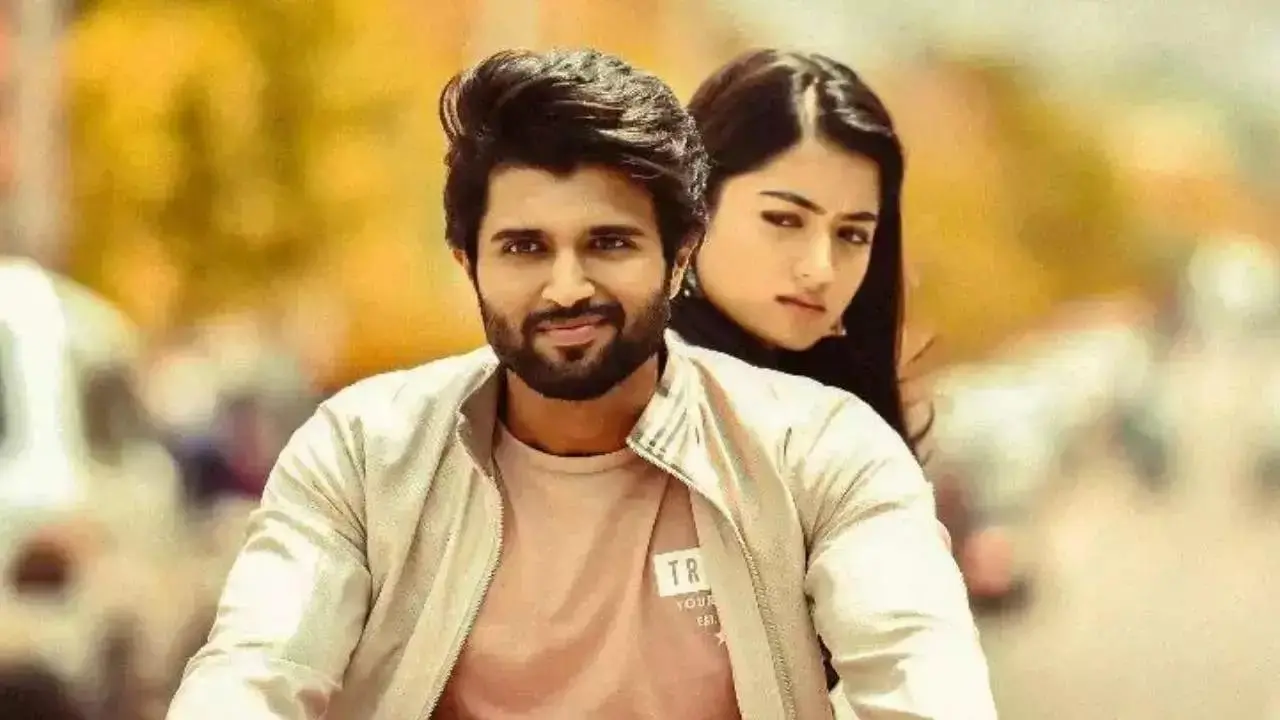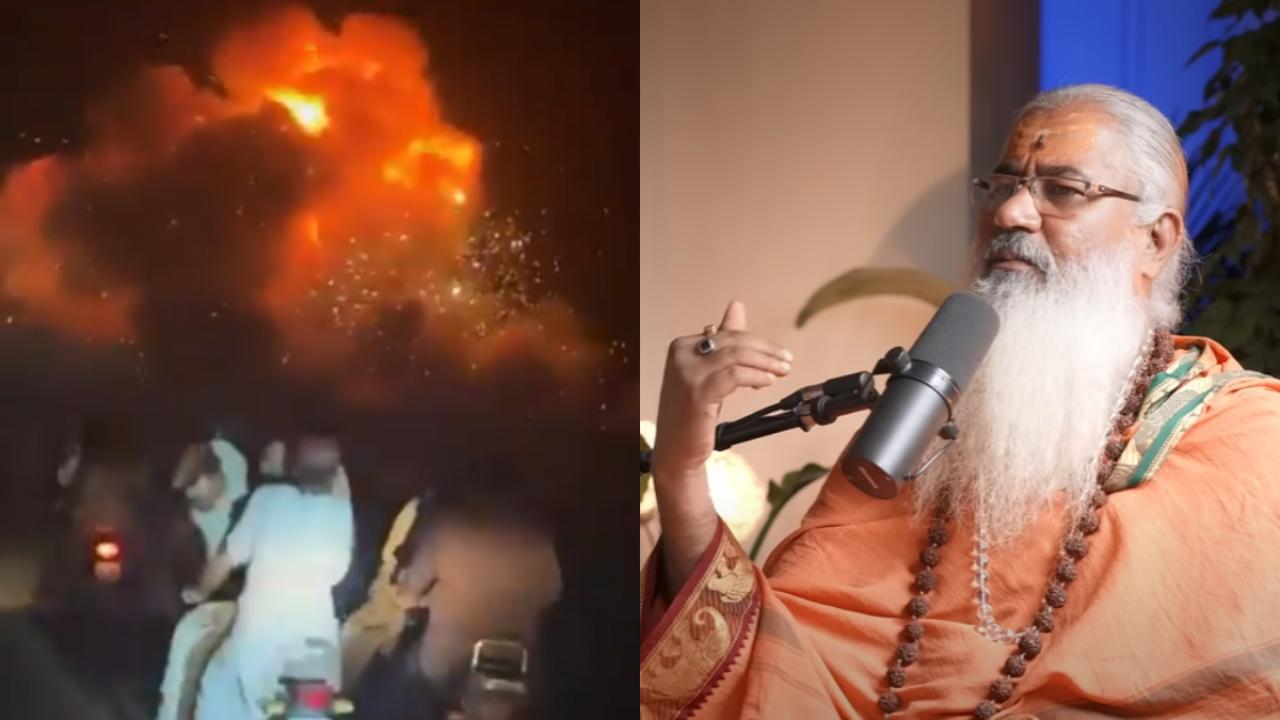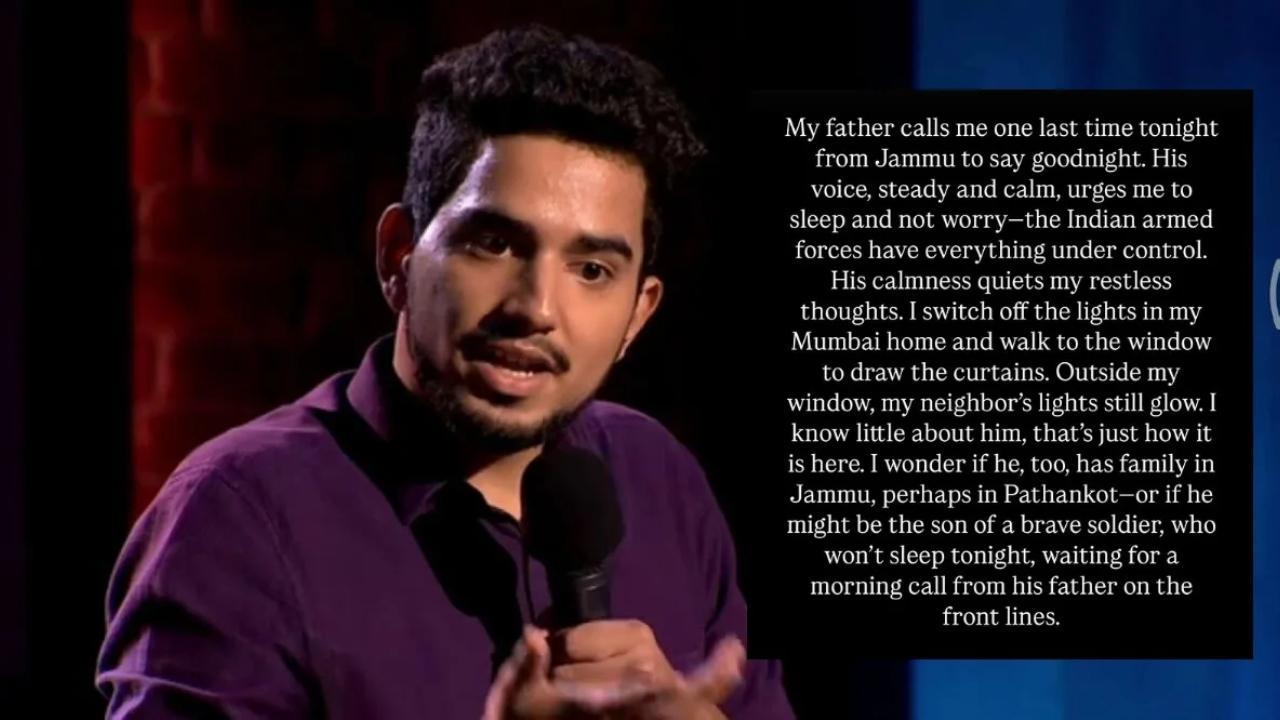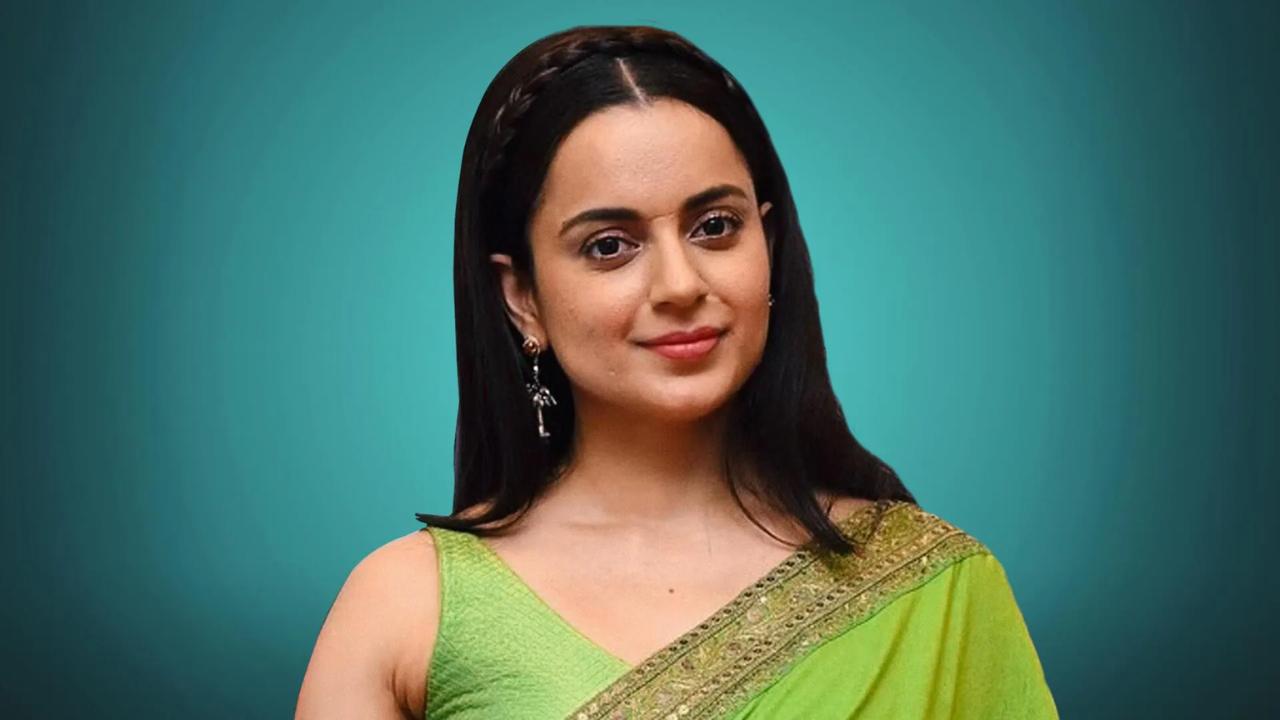Madhavan`s Historical Query Ignites Textbook Bias Debate Amidst New Film Release
Updated on: 02 May, 2025 06:18 PM IST |Sneha Sunojkumar
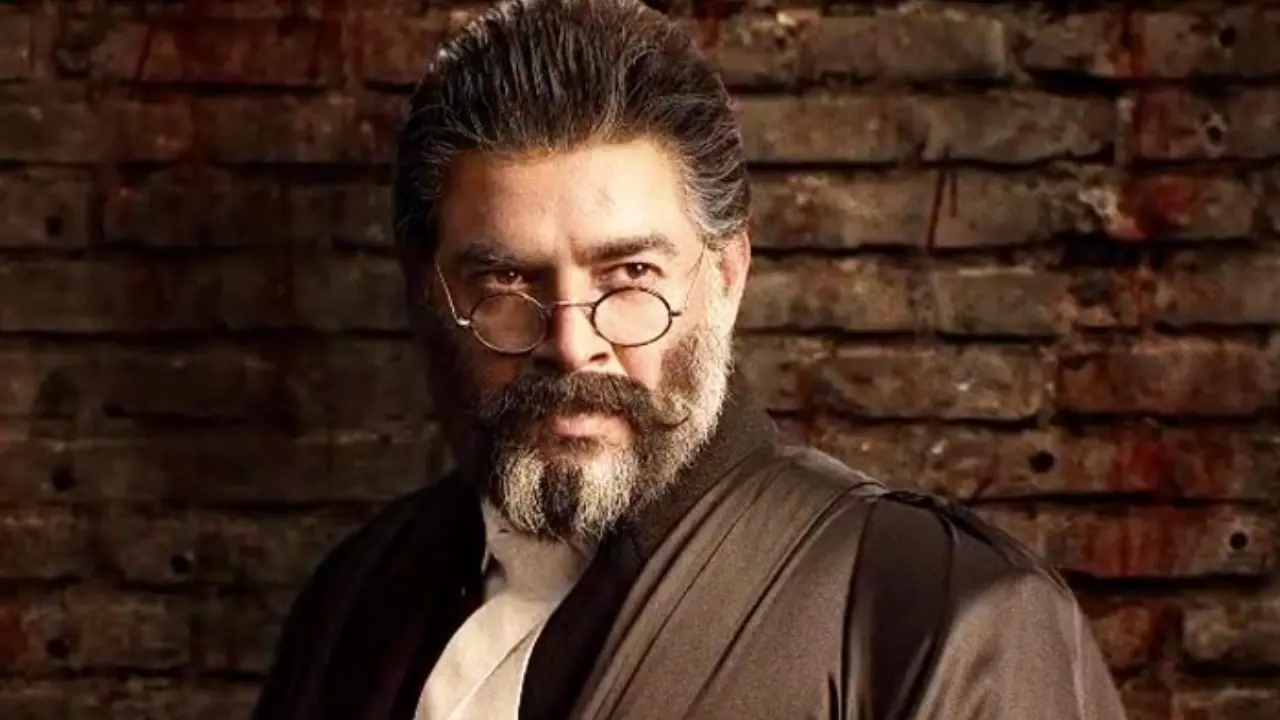
Textbook Bias? Madhavan Sparks National Debate
Actor-filmmaker R. Madhavan has become an unexpected catalyst in India`s ongoing conversation about historical representation, using the platform of his new historical drama `Kesari Chapter 2: The Untold Story of Jallianwala Bagh` to challenge conventional narratives in Indian education.
Speaking at a press interaction, the National Award-winning actor shared his personal observations about historical imbalances in school curricula. "As a student, I noticed our textbooks dedicated nearly 40 percent of history content to the Mughal era, while compressing four magnificent southern dynasties into barely 5% of the syllabus," Madhavan revealed. "This disproportionate focus creates generational amnesia about India`s diverse heritage."
The 55-year-old star passionately elaborated on the Chola Empire`s global significance: "While we repeatedly study certain northern dynasties, how many Indians know the Cholas maintained a naval fleet that dominated the Indian Ocean? That they established cultural diplomacy with 15 ancient kingdoms across Asia? Their architectural marvels still stand from Thanjavur to Vietnam."
His comments come during a sensitive period for India`s education policy. The recent NCERT curriculum revisions, which replaced medieval history modules with contemporary cultural studies, have drawn mixed reactions from academic circles. Madhavan carefully navigated this terrain: "History should be about facts, not favoritism. Whether we`re removing chapters or adding them, the criteria must be historical significance, not contemporary politics."
The actor-director connected these concerns to his new film`s mission. "In `Kesari Chapter 2`, we`re attempting what our textbooks often fail to do – present Indian history through Indian eyes. The colonial narrative painted General Dyer as disciplined and our freedom fighters as rebels. We`re correcting that perspective," he explained about his portrayal of a British lawyer grappling with the Jallianwala Bagh massacre`s aftermath.
Educational experts have noted the timing of Madhavan`s intervention is particularly significant. Dr. Meenakshi Sharma, historian at JNU, observes: "When cultural figures like Madhavan raise these issues, it reaches audiences that academic debates cannot. His film could become a case study in how popular media influences historical understanding."
As theaters prepare for Friday`s nationwide release of `Kesari Chapter 2`, the conversation Madhavan has initiated continues gaining momentum on social media and beyond. The actor remains hopeful: "Maybe our film will inspire some young student to dig deeper into India`s incredible past – beyond what any single textbook contains."
With its combination of cinematic storytelling and scholarly discourse, this moment represents a unique convergence of entertainment and education, potentially reshaping how India engages with its history in classrooms and cinemas alike.
Speaking at a press interaction, the National Award-winning actor shared his personal observations about historical imbalances in school curricula. "As a student, I noticed our textbooks dedicated nearly 40 percent of history content to the Mughal era, while compressing four magnificent southern dynasties into barely 5% of the syllabus," Madhavan revealed. "This disproportionate focus creates generational amnesia about India`s diverse heritage."
The 55-year-old star passionately elaborated on the Chola Empire`s global significance: "While we repeatedly study certain northern dynasties, how many Indians know the Cholas maintained a naval fleet that dominated the Indian Ocean? That they established cultural diplomacy with 15 ancient kingdoms across Asia? Their architectural marvels still stand from Thanjavur to Vietnam."
His comments come during a sensitive period for India`s education policy. The recent NCERT curriculum revisions, which replaced medieval history modules with contemporary cultural studies, have drawn mixed reactions from academic circles. Madhavan carefully navigated this terrain: "History should be about facts, not favoritism. Whether we`re removing chapters or adding them, the criteria must be historical significance, not contemporary politics."
The actor-director connected these concerns to his new film`s mission. "In `Kesari Chapter 2`, we`re attempting what our textbooks often fail to do – present Indian history through Indian eyes. The colonial narrative painted General Dyer as disciplined and our freedom fighters as rebels. We`re correcting that perspective," he explained about his portrayal of a British lawyer grappling with the Jallianwala Bagh massacre`s aftermath.
Educational experts have noted the timing of Madhavan`s intervention is particularly significant. Dr. Meenakshi Sharma, historian at JNU, observes: "When cultural figures like Madhavan raise these issues, it reaches audiences that academic debates cannot. His film could become a case study in how popular media influences historical understanding."
As theaters prepare for Friday`s nationwide release of `Kesari Chapter 2`, the conversation Madhavan has initiated continues gaining momentum on social media and beyond. The actor remains hopeful: "Maybe our film will inspire some young student to dig deeper into India`s incredible past – beyond what any single textbook contains."
With its combination of cinematic storytelling and scholarly discourse, this moment represents a unique convergence of entertainment and education, potentially reshaping how India engages with its history in classrooms and cinemas alike.
ADVERTISEMENT
Do you think the T20 tournament should be suspended amid India-Pak tensions?
ADVERTISEMENT








